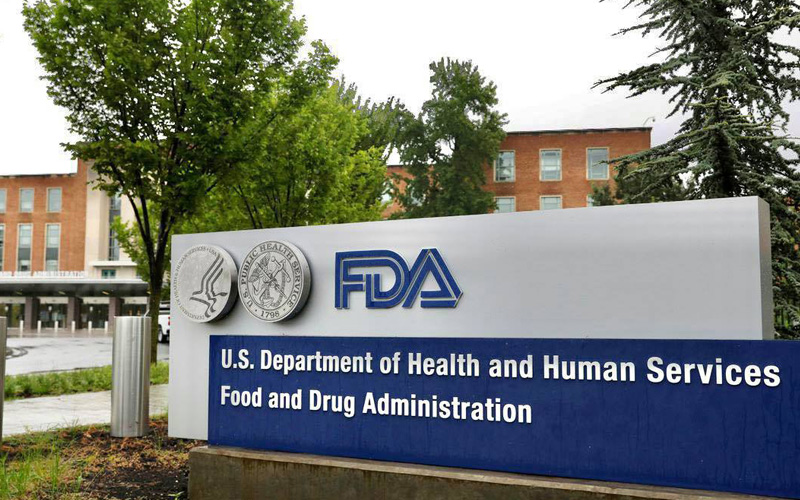The U.S. Food and Drug Administration has accepted Lykos Therapeutics’ new-drug application for midomafetamine capsules (MDMA) used in combination with psychological intervention, the company announced.
The FDA has granted the application “priority review” and has assigned a Prescription Drug User Fee Act target action date of Aug. 11, according to Lykos.
Passed by Congress in 1992, the Prescription Drug User Fee Act (PDUFA) authorizes the FDA to collect user fees from drugmakers to help pay for the agency’s personnel costs of reviewing new-drug applications. It also sets an estimated time frame for the FDA to complete its review process. There are two tiers of review times: standard review and priority review.
With most new-drug applications, the FDA must complete its review process within 10 months. However, when the FDA grants priority-review status, the agency has six months to conclude its review process.
“Securing priority review for our investigational MDMA-assisted therapy is a significant accomplishment and underscores the urgent unmet need for new innovation in the treatment of PTSD,” said Amy Emerson, chief executive officer of Lykos Therapeutics. “We remain focused on working with the FDA through the review process and preparing for a controlled launch with an emphasis on quality should this potential treatment be approved.”
If approved, this would be the first FDA-approved MDMA-assisted therapy and psychedelic-assisted therapy.
Lykos, which previously called itself MAPS Public Benefit Corp., submitted a new-drug application for MDMA used in combination with psychological intervention, which includes psychotherapy and other supportive services provided by a qualified healthcare provider for individuals with post-traumatic stress disorder.
According to Lykos, the new-drug filing contained results from numerous studies, including two randomized, double-blind, placebo-controlled Phase 3 studies (MAPP1 and MAPP2) evaluating the efficacy and safety of MDMA used in combination with psychological intervention versus placebo with therapy in participants diagnosed with severe or moderate to severe PTSD, respectively.
Both MAPP1 and MAPP2 studies met their primary and secondary endpoints and were published in Nature Medicine.
The primary endpoint for both studies was to assess changes in PTSD symptom severity as measured by the change from baseline in Clinician-Administered PTSD Scale for DSM-5 (“CAPS-5”).
The key secondary endpoint of both studies was to assess improvement in functional impairment associated with PTSD as measured by the change from baseline in the Sheehan Disability Scale. No serious adverse events were reported in the MDMA group in either study.
The FDA grants priority review for drugs that, if approved, would represent significant improvements in the safety or effectiveness of the treatment, diagnosis or prevention of serious conditions when compared to standard applications.

